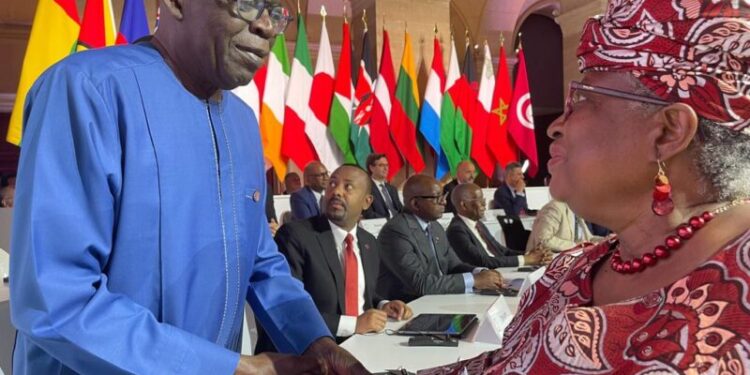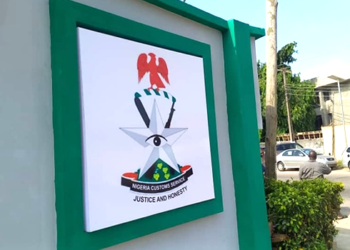President Bola Tinubu has congratulated Dr Ngozi Okonjo-Iweala, former Coordinating Minister for the Economy and Minister of Finance, on her unanimous re-election today as the Director-General of the World Trade Organisation (WTO).
The renowned development economist and global finance expert made history in 2021 as the first African and first woman to lead the 164-nation-member WTO.
Her first term as the seventh Director-General of the WTO will expire on August 31, 2025, while the second term begins September 1.
President Tinubu in a statement on Friday by his media aide, Bayo Onanuga, noted with delight that Dr Okonjo-Iweala’s unanimous appointment for a second four-year term demonstrates the trust and confidence the international community places in her leadership to advance multilateral trade for sustainable global development.
He said President Tinubu is confident that her continued leadership will strengthen the international economic organisation’s role as a critical pillar of inclusive global economic growth and good governance in the next four years.
“As a committed member of the WTO, ECOWAS, and the African Continental Free Trade Area (AfCFTA), Nigeria will continue to support the WTO’s mission to foster a fair, inclusive, and equitable multilateral trading system”, he said..
President Tinubu assured Okonjo-Iweala of Nigeria’s steadfast support as she consolidates her bold reforms, dedication to equitable global trade practices, and tireless efforts to promote international cooperation.











